Prepare for roles in disaster response and recovery. Contribute to community resilience and work in emergency management, NGOs, or government agencies.
Future Scope & Benefits of Certificate in Disaster Management
A Certificate in Disaster Management (CDM) is a specialized program that equips individuals with the skills and knowledge required to respond effectively to natural and man-made disasters. In this guide, we will explore the future scope and numerous benefits of obtaining a Certificate in Disaster Management, highlighting the meaningful career opportunities it offers.
Certificate in Disaster Management Future Scope:
Emergency Manager: Graduates often pursue careers as emergency managers, responsible for developing disaster preparedness plans, coordinating responses during disasters, and assisting with recovery efforts.
Humanitarian Aid Worker: Individuals with a CDM certificate may choose to work as humanitarian aid workers, providing assistance and relief to communities affected by disasters and emergencies.
Risk Analyst: Risk analysts assess and identify potential disaster risks for organizations and communities. They help develop strategies to mitigate these risks and improve disaster resilience.
Public Health Emergency Planner: In the healthcare sector, professionals can focus on public health emergency planning, ensuring that healthcare systems are prepared to respond to health-related disasters.
Nonprofit Sector: Graduates can work for nonprofit organizations focused on disaster relief and recovery, helping communities rebuild and recover after disasters.
Government Agencies: Many government agencies employ disaster management experts to work on disaster preparedness, response, and recovery efforts at the local, state, or national levels.
Certificate in Disaster Management Benefits
Humanitarian Impact: Working in disaster management allows individuals to make a meaningful impact on the lives of those affected by disasters, providing critical assistance and support.
Job Stability: The demand for disaster management professionals remains consistent, as disasters are unpredictable and can occur at any time, ensuring job stability in this field.
Versatile Skill Set: Graduates develop a versatile skill set that includes crisis communication, emergency planning, risk assessment, and resource management.
Global Opportunities: Disaster management expertise is transferable across borders, offering opportunities to work on international disaster relief missions or collaborate with global organizations.
Community Resilience: Professionals in this field contribute to building disaster-resilient communities, enhancing their ability to withstand and recover from disasters.
Interdisciplinary Approach: Disaster management involves collaboration across various disciplines, allowing professionals to work with experts from diverse backgrounds.
 3 Years
3 Years
 Certificate
Certificate
 Management
Management
 Full Time
Full Time
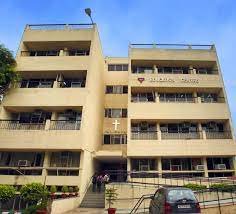


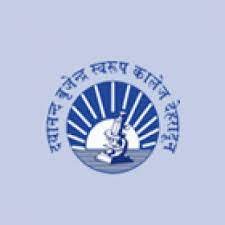

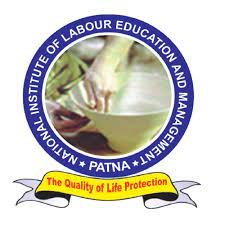
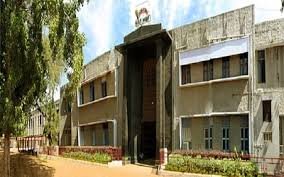
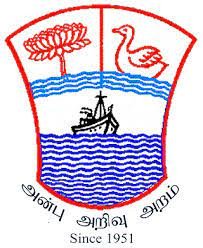

 back
back

